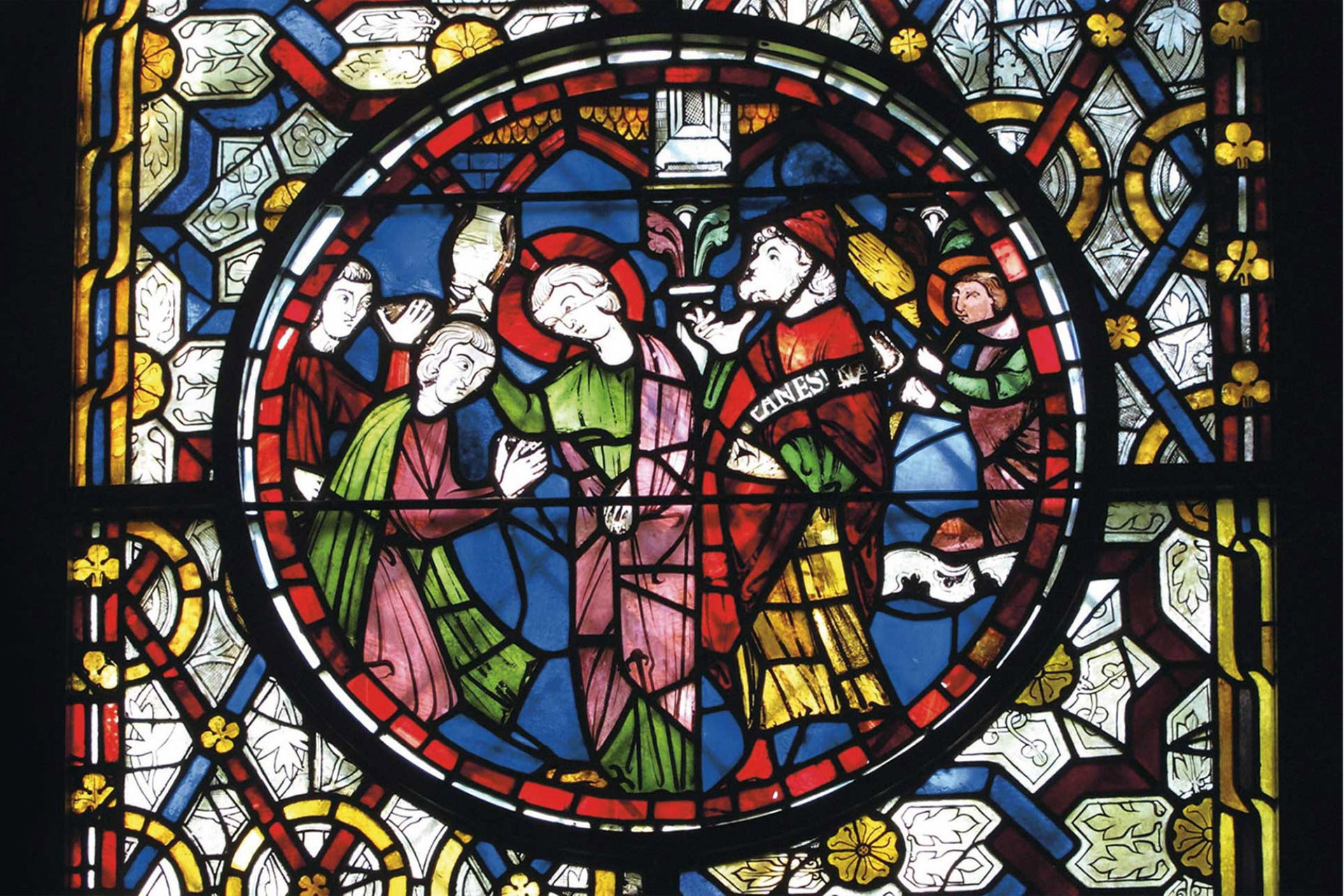The Centre for Medieval and Early Modern Studies is pleased to invite you to the final of the four public annual lectures that it organises. These lectures, which range across the wide area covered by MEMS, are intended to celebrate the vitality of scholarship by bringing internationally renowned experts to Canterbury to share and discuss their research. For the 2023 Anselm Lecture, we are able to look to our own community for a scholar of such standing. We are delighted that MEMS’s own Prof. Barbara Bombi will be giving this year’s Anselm Lecture at 5pm on 8th June in the Templeman Lecture Theatre.
In the summer of 2022, Prof. Bombi was elected a Fellow of the British Academy. That election is a reflection of the high standing she has within Britain’s academic world, and beyond. Her reputation has had material benefit to the University of Kent, attracting both funding and students to its campus. As well as an outstanding historian with several important monographs to her name, she is an excellent academic citizen: in her role as the School of History’s Director of Research, she was instrumental in co-ordinating the submission to the Research Excellence Framework that saw the University of Kent achieving the accolade of having the top-ranked history department in the UK. Prof. Bombi has always been a stalwart supporter of MEMS, its work and its scholars.
Prof. Bombi’s lecture is entitled ‘Memories of Italian merchants in fourteenth-century England: A tale of Fortune and Misfortune’. Below you will find an abstract for the lecture.
The lecture will be followed by a reception, to which you are also invited. If you cannot attend in present and so want to join online, do contact the Centre.
Abstract
Italian merchants became an essential tool of funding for the English Crown between the thirteenth and fourteenth centuries. They were instrumental in funding the Anglo-Scottish and Anglo-French wars and moving cash and goods between northern Europe and Italy via Flanders and France. However, many Italian merchant companies that embarked on these commercial enterprises faced bankruptcy owing to lack of liquidity and because of the challenges faced by the English Crown vis-à-vis its creditors. This paper will investigate the rise and fall of the Frescobaldi company in England at the beginning of the fourteenth century. Adopting an interdisciplinary approach, the paper will not only investigate financial accounts and correspondence, but also how the bankruptcy of the Frescobaldi was recorded in some contemporary literary sources and sonnets produced in the context of the dolce stil novo.

